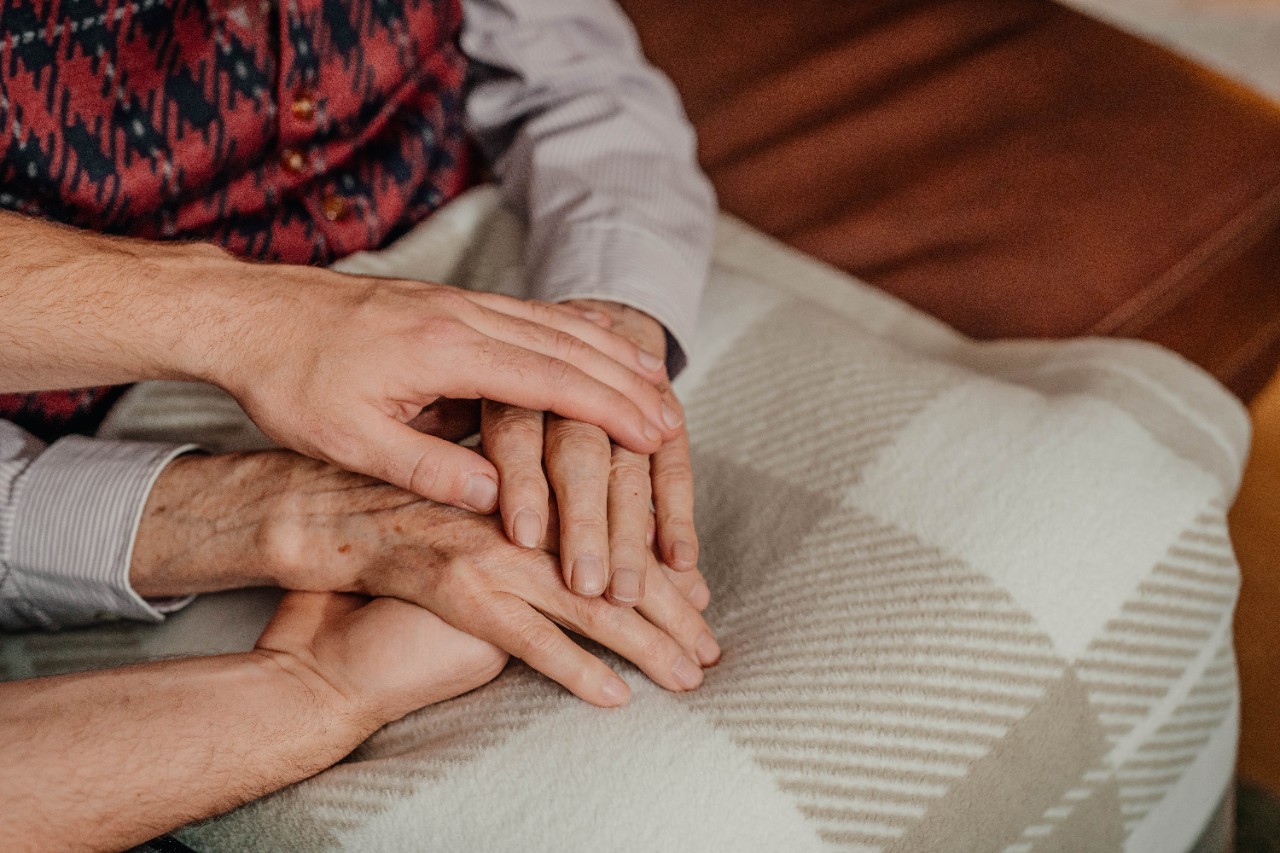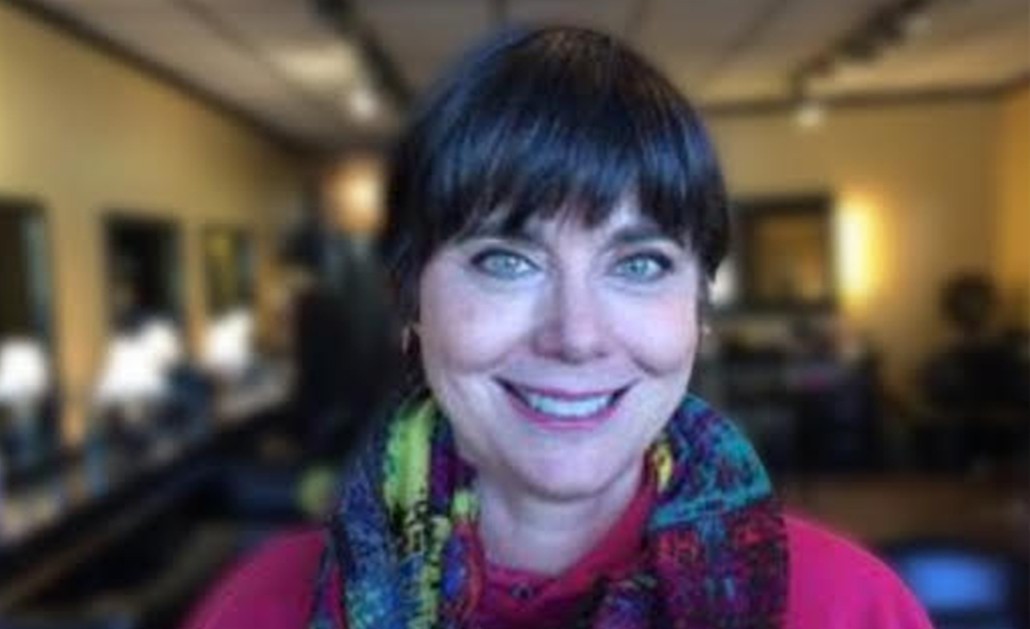“Older adults are so important, especially for the future. Over 10,000 people become 65 every day, but we don’t have the workforce to be able to take care of them.”
As she was working toward a master’s in theological studies at a graduate school in San Antonio in the 90s, she took a job as director of senior adult ministries for a church in Houston. Her responsibilities included planning weekly programs for more than 180 older adults and running life review groups in which participants recalled past experiences in order to achieve a sense of peace.
Over the past 15 years, Gaillardetz has advocated for older adults in Toledo, Ohio, assessed the state of long-term care facilities in Boston, and developed programs for a senior living community just seven miles from the BC campus.
It was during her stint as the program coordinator for NewBridge on the Charles from 2016 to 2018 that she decided to get a master’s in social work. Although her job was to run the programs for the senior living community, she often found herself addressing the needs of older adults and realized that expertise in social work would enable her to play a more active role in their lives. One time, Gaillardetz comforted a woman who was experiencing sundowning—restlessness, agitation, or confusion that can begin or worsen as daylight begins to fade.
“I saw some ways that I could be a part of people’s lives that move beyond ministry,” she recalls.
Gaillardetz’s professors and colleagues describe her as “curious,” “compassionate,” and “committed to improving the quality of life of older adults.” She is ambitious, they say, with a knack for providing hope for emotional healing.
“Diana is not afraid of having difficult conversations,” says Sharon Arkoff, her supervisor at Good Shepherd Community Care. “She is able to use her training and her life experience to help clients feel a sense of comfort and being supported even through the grief or trauma of a terminal diagnosis.”




